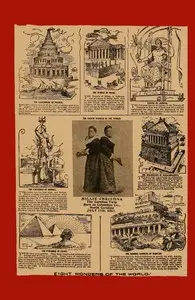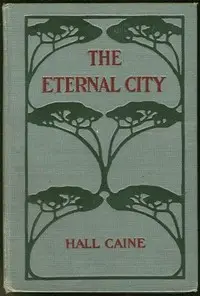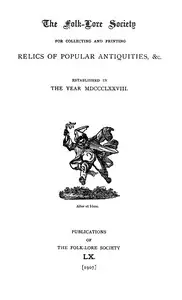"Susâni" by Louis Becke is a short story written in the early 20th century, specifically during the turn of the century. The narrative is deeply embedded in the cultural and social environment of the South Pacific islands, revealing the poignant reality of a declining native population confronted with the encroachment of Western civilization. The story centers around themes of innocence, suffering, and the connection between the natural world and the divine, showcasing the life of a young girl named Susâni and her relationship with both the native characters and the natural landscape. In "Susâni," we follow the journey of two white men, Senior and his companion, who encounter Susâni, a disabled young native girl living on the remote island of Funâfala. Despite her physical affliction and the tragic fate of her people, Susâni embodies a quiet strength, captivating the sailors with her serene song and gentle spirit. The narrative poignantly illustrates her bond with Suka, a native man who cares for her, as they navigate the harsh realities of life amid illness and loss. As the story unfolds, it becomes clear that Susâni is not only a reflection of her people's struggles but also a symbol of hope and the divine presence in adversity. Ultimately, her passing evokes profound emotion, highlighting the enduring connections formed between individuals, cultures, and the overarching power of life and death. (This is an automatically generated summary.)

Susâni 1901
By Louis Becke
"Susâni" by Louis Becke is a short story written in the early 20th century, specifically during the turn of the century. The narrative is deeply embed...
George Lewis Becke was at the turn of the nineteenth century, the most prolific, significant, and internationally renowned Australian-born writer of the South Pacific region. Having lived and worked among Pacific Islands and Islanders as a trader, ship's supercargo, and villager for some two decades, learning languages and observing natural and cultural life, Becke was prompted by J F Archibald of The Bulletin to write down his experiences, eventually becoming a popular and respected author of short stories, novellas, novels, as well as historic and ethnographic works.


















